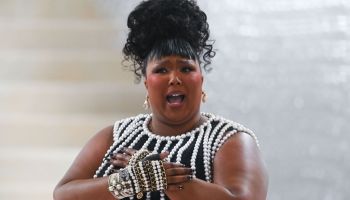INDIANAPOLIS — State civil rights investigators say a Broad Ripple bar might be breaking the law because of how it tells its customers to dress.
According to the Indiana Civil Rights Commission, Landsharks’ dress code has the effect of disproportionately excluding minority patrons relative to Caucasian patrons.
The dress code at the bar prohibits customers from wearing gang attire, loose-fitting pants, single color T-shirts, chains worn outside of shirts and picks in hair — attire arguably more prevalent among members of minority populations.
“In our investigation, we made the determination that the dress code on its face actually has a discriminatory effect, that effect being to exclude a greater proportion of African-American and other minority patrons as opposed to Caucasian patrons,” said Joshua Brewster, deputy director of The Indiana Civil Rights Commission.
The bar’s general manager, Neil Campbell, defends the policy.
“I totally disagree, because we have Hispanics and whites we’ve told the same thing. The dress code is the dress code across the board,” Campbell said. “We don’t care what your race is or nationality is. That’s our dress code, and we’re going to stick to it.”
Campbell said some people don’t like the policy, which led to complaints.
Officials said one person filed a complaint, which prompted the investigation. 6News obtained a copy of the complaint, filed by Marvin Smith, of Noblesville.
Smith didn’t return calls for an interview, but claimed in the document that even after he adjusted his clothing, the bar refused entry.
“One hour prior, the doorman let a Caucasian friend of mine into the establishment, even though his pants were visibly sagging,” the complaint read, adding that the doorman simply informed him to “pull them up.”
“We just want it to be a nice crowd, a decent looking crowd,” Campbell said. “We want everybody to have a good time.”
The Indiana Civil Rights Commission said it is not claiming that the bar’s management is biased or racist.
If a settlement is not reached, a public hearing will be held before an administrative law judge, and a final order will be issued by the seven-member commission. Those commissioners are appointed by the governor.













